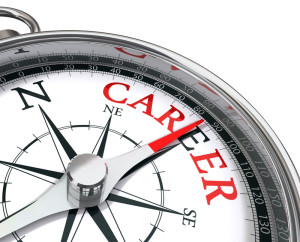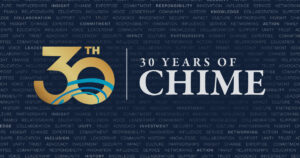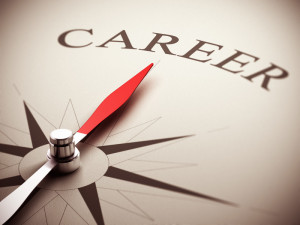It’s that time of year – whatever holiday you celebrate during this Season of Gratitude there is likely some gift giving involved. You may have an obligatory attitude of just getting it done or (hopefully) a more positive giving attitude spending time selecting thoughtful and more personalized gifts. When I had leadership teams reporting to me, I would give them a book each year. It was often the hardest gift to buy – deciding on the perfect book that they would all like. Over the years, my books included some of the best titles on innovation, leadership, technology, public health and more.
positive giving attitude spending time selecting thoughtful and more personalized gifts. When I had leadership teams reporting to me, I would give them a book each year. It was often the hardest gift to buy – deciding on the perfect book that they would all like. Over the years, my books included some of the best titles on innovation, leadership, technology, public health and more.
Now my holiday gift book buying is all for younger people. In addition to the one big gift for each of my grandchildren, I get them a book. I will be starting two of them on the “National Geographic Kids Almanac 2023” this year – it is filled with information on animals, science, nature, technology, conservation, and more. I bought “Good Night Stories for Rebel Girls: 100 Inspiring Young Changemakers” for one of the granddaughters at my daughter’s suggestion. I was delighted to get the suggestion as I have been patiently waiting for my granddaughters to be old enough so I could start buying some of the feminist books for girls I see in bookstores. And for my grandson who loves all sports and is learning to read, I’m getting a fun story he should like – “The Dog That Stole Football Plays”. The football player on the cover has a “Jets” jersey on and that happens to be the name of my grandson’s flag football team. Hoping he loves the story, and it encourages him to read more!
I have another book buying annual holiday tradition that continues. I buy a book for each of my grandnephews and grandnieces back home in Minneapolis where I’m from and where my siblings and their families all live. That group is older – mostly teenagers. So, we have progressed over the years from picture books when they were little to books focused on their interests including baseball, ballet, and opera during middle school years, to more scholarly and political books now that they are in high school. For example – “A Choice of Weapons” by Gordon Parks, “Narrative of the Life of Frederick Douglas”, and “The 48 Laws of Power” by Robert Greene. I count on my three nieces to help me with recommendations and to understand their kids’ evolving interests. The grandnephew who wanted baseball books when he was younger is now into Nordic skiing and heavy metal with his own band. Yes, with my sister’s (their grandmother) help, I found a book he will like.
I can’t talk about nurturing young readers without mentioning the current banned books controversy that goes hand in hand with concerns about teaching critical race theory and talking about LGBTQ. Continue reading









